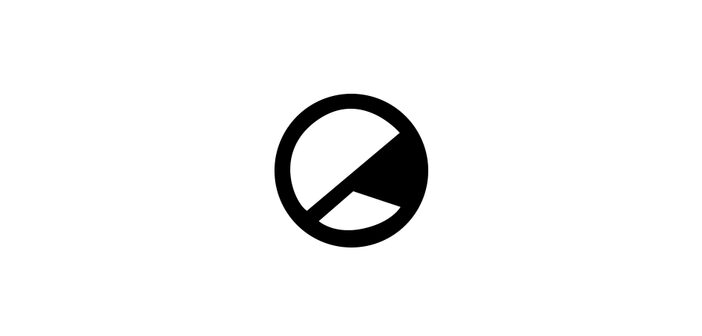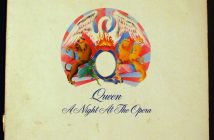It’s that time of year again; the shortlists are being released for all of the big award shows. In previous weeks we have seen those for the Golden Globes and more. February 10th, it was the turn of The Academy to release the information for nine categories in contention at the 93rd Oscars ceremony, to be held on April 25th, 2021.
And like the Golden Globe nominations, audiences and critics have noticed that the lists are missing several widely loved productions. It’s a tale the repeats itself almost every year; films that deserve the recognition being sidelined and under nominated, if they are even shortlisted in the first place, and some that bewilder when they are the recipient of multiple acclaims.
For 2021’s array of lists, Emily In Paris being shortlisted for a Golden Globe pulled almost international criticism – even from those who had worked on the show. Likewise, what is the “Wuhan Flu” song from Borat: Subsequent Moviefilm doing in the contention for Best Song? James Cordon receiving an acting nomination for his portrayal of a queer character in Prom likewise is undeserved in my opinion.
I’ll just say it now: I May Destroy You deserved a Golden Globe nomination, it’s criminal to see it missing from the list. I’m also glad to see Dick Johnson is Dead shortlisted for the Best Documentary Feature at the Oscars, and hope to see Emma on the board for Best Costume Design for its historical accuracy and attention to detail.
Diversity and recognising different voices through shortlists and those who ultimately win the awards is an ongoing debate, although it shouldn’t be. Looking back on the history of the Oscars only five women have even been nominated for Best Director, with only one winning. In ninety-two years. The 2020 ceremony saw none nominated. The 2021 Golden Globes saw three women nominated for the acclaim in a single year, making history and almost doubling the list of women shortlisted from five to eight. At the Academy Awards ceremony in 2018, Natalie Portman drew attention to the issue when presenting the “five male nominees“.
Parasite in 2020 was the first non-English feature film to win the Oscar for Best Picture, which critics and fans alike agreed was a deserving recognition for director Bong Joon-ho and everyone involved, and let’s not forget about Taika Waititi’s win for Jojo Rabbit and Best Adapted Screenplay.
With the shortlists for other awards at the Oscars coming in mid-March and other ceremonies to announce in the coming weeks, I can only hope that the call is answered. Both in front of and behind the screen, diversity is something which the awards ceremonies need to acknowledge. But in my opinion, they are not doing enough, and not with nearly enough urgency to reflect the expectations and opinions of audiences.
In September last year, the Academy released new diversity requirements which any contenders for Best Picture must hit in order to qualify for the award. But that still does not guarantee a shortlist or even a win for a deserving piece of cinema. And what’s more, these guidelines do not take effect for another three years, they apply from 2024 onwards.
People want to see different stories explored on screen, and the impact of some of those stories – greatly adored by the public and critics – is not receiving the recognition it deserves. In contrast to the above, other award ceremonies have taken pride in displaying the representation of stories released in the previous year, and fan favourites are among those listed. The GLAAD Media Awards, which announced their nominees at the end of January 2021, show that you can have cake and eat it too; diverse nominations across all categories and both acknowledging the mainstream and quieter releases across platforms.
I’m particularly pleased to see Netflix’s releases The Haunting of Bly Manor and The Old Guard among the names.
Don’t get me wrong, while I have spoken a lot about television and film nominations in this article, the problem extends beyond here into video games, music and further afield. With The Game Awards’ ceremony in December 2020, many brought up criticism with their use of A-list celebrities from cinema rather than key figures in the gaming community in order to draw figures in what amounted to their most viewed ceremony to date.




